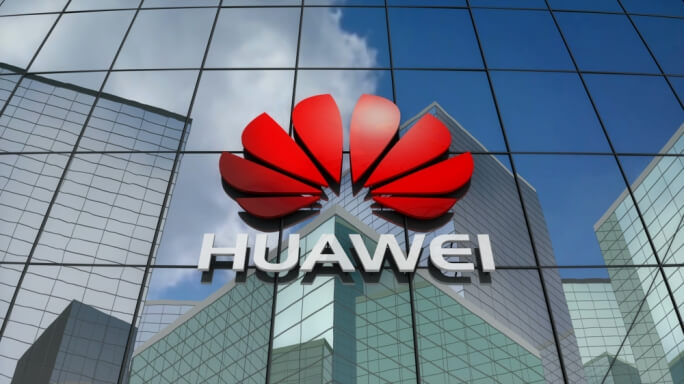Huawei’s President, Southern Africa Region, Leo Chen, has explained that governments, corporates and civil society players must make universal broadband connectivity a priority to bridge the digital gap.
Chen spoke against the backdrop of this year’s Telecommunication and Information Society Day, held recently, with the theme, ‘Accelerating Digital Transformation in challenging times’.
In a statement made available to Financial Street, Chen said widening access to broadband connectivity would bridge the digital divide for the benefit of all, more importantly now that many people were adapting to the new reality occasioned by the Coronavirus Disease.
He said, “Over the past year or so, digital transformation accelerated at an unprecedented rate in societies around the world,” even as a large number of people were shut out of adaptation to the new normal.
“In Sub-Saharan Africa, for example, approximately 800 million people are not connected to the mobile internet. Of those, some 520 million can access the mobile internet but don’t, because of factors such as smartphone penetration and lack of skills, while 270 million cannot access the mobile internet because they don’t have the requisite coverage. Across the region, 4G broadband coverage is at just 21 per cent.
“The figures are even more stark when it comes to fixed-line internet connectivity.”
According to him, data from research firm, Ovum, showed that there are just 6.6 million fixed-line internet subscriptions in Sub-Saharan Africa.
He said, “While numbers are projected to grow three-fold by 2023, that still represents a small fraction of the region’s population. Those figures make it clear that the region needs to address a major internet infrastructure shortfall.”
On the benefits of growing internet accessibility, he said, “In 2019, in Sub-Saharan Africa, more than 650,000 jobs were supported directly by the mobile ecosystem and more than 1.4 million informal jobs in 2019. It also contributed more than $17bn to public funding through the course of the year.
“The International Telecommunication Union has also established that 10 per cent increase in mobile broadband penetration in Africa will increase Gross Domestic Product per capita by 2.5 per cent. That is to say nothing of the benefits that better and more affordable mobile internet can have on education, healthcare, and government services.”
The Huawei president stressed that with easily accessible internet connectivity, people could search for jobs, gain new skills, and access government services without having to travel to a physical location and potentially stand in long queues.
One of the most significant changes the pandemic has brought is the acceleration of digital transformation, Chen noted.
His words, “African policy-makers have realised that access to broadband is critical to mitigate the effect of the pandemic and boost economic recovery in the post-COVID era. With changes in people’s behaviours and mindsets, broadband will also continue to provide opportunities for African countries to leapfrog obstacles to sustainable and inclusive socio-economic development.”
Further stressing that corporates have a role to play, he added, “At Huawei, we recognise this and have backed a number of initiatives that aim to help grow access in areas where it’s needed most.
“In July last year, for example, we launched the DigiSchool project in partnership with a local operator and a non-profit organisation. As response to the call to ensure that all South African school children can read fluently for meaning, the programme aims to connect more than 100 urban and rural primary schools to broadband internet.”
Chen added that the company had rolled out DigiTrucks in several African countries to enable students and entrepreneurs learn how to use computers and connect with the digital world.
“Earlier this year, we also announced a partnership with Ghanaian operators to build more than 2000 base stations in remote areas of that country to connect the unconnected.
“From a healthcare perspective, meanwhile, with the broadband connections, Lifebank, a pioneering Nigerian startup that delivers blood and other essential medical supplies to hospitals, was connected. By keeping the startup and its riders connected, we can ensure that hospitals get urgent supplies when they are needed,” he explained.
These kinds of projects, however, only serve to illustrate how much need for accessible, affordable broadband there really is across Sub-Saharan Africa, he pointed out.
Get real time update about this post categories directly on your device, subscribe now.



